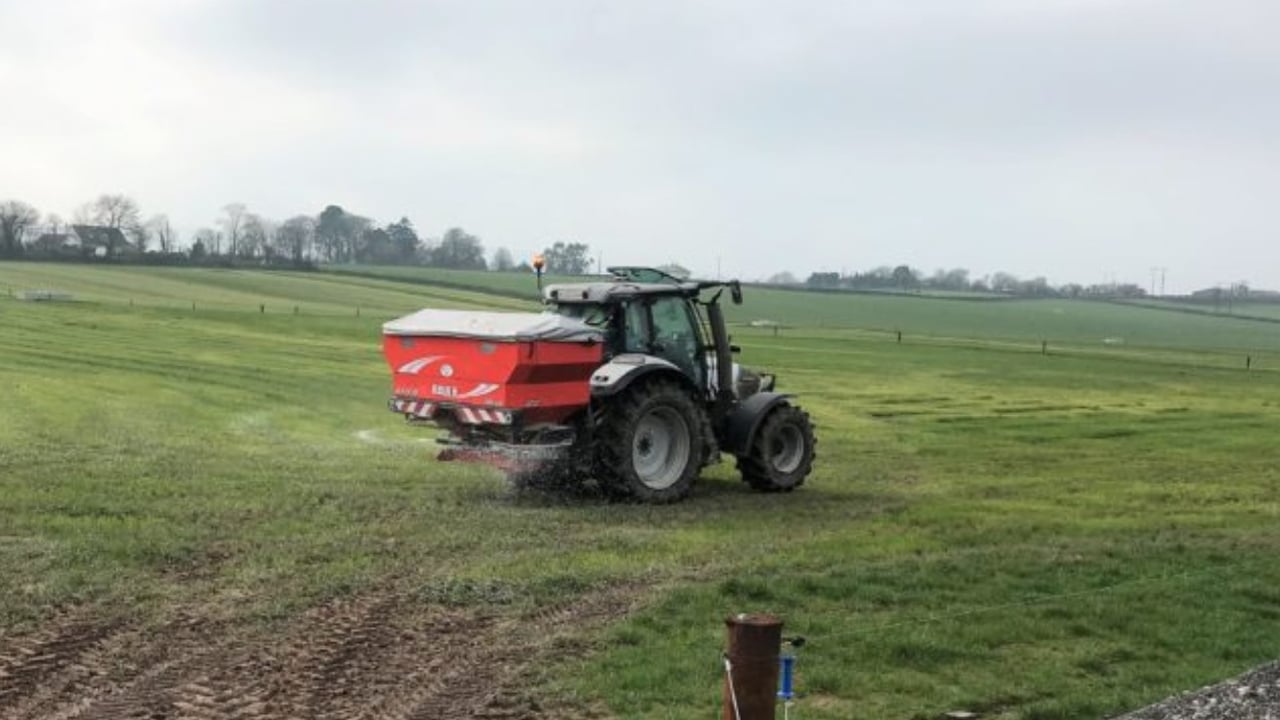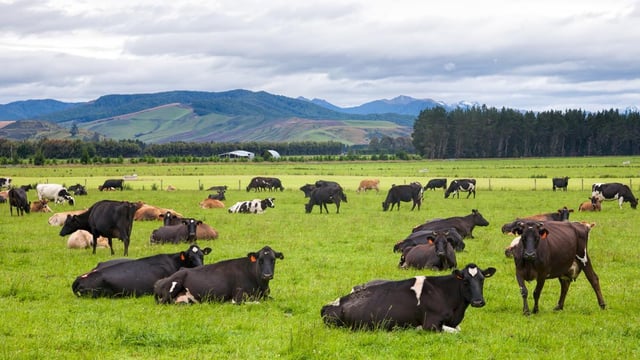61,833t of fertiliser imported from NI since database introduction
There has been 61,833t of fertiliser products imported to the Republic of Ireland from Northern Ireland (NI) since the introduction of the National Fertiliser Database (NFD).
The Department of Agriculture, Food and the Marine (DAFM) confirmed to Agriland that since the NFD was established in September 2023, there have been 34 fertiliser economic operators who registered these imports as of June 2024.
25 of these operators were registered as fertiliser end users.
The DAFM stated that there is no prohibition on cross-border trade in fertilisers and it was made clear to stakeholders, during the introduction of the database, that the NFD "would not be an impediment to trade on the island of Ireland".
All fertiliser stakeholders have been "clearly advised" that the provisions under S.I. 378 of 2023 require importers of fertiliser into the state to log such imports on the NFD within 72 hours of their importation, a DAFM spokesperson said.
Agricultural Consultants Association (ACA) president, Michael Ryan has said that consequences for spreading fertiliser are “greater” this year, with all sales now being recorded on the NFD.
The database has been running since September 2023 and makes it is an offence to sell or purchase fertiliser without being registered.
“The department now have the information on purchases by farmers, and are obviously in a better position to see who has and has not purchased.
“It can see what was marginal, which increases the risk for targeted inspections” Ryan said.
The ACA has been in touch with the DAFM to update its penalty schedule.
At the moment, penalties under the Basic Income Support for Sustainability (BISS) scheme would typically be up to around 3% in a first case scenario, according to Ryan.
Penalties could be multiplied to potentially 15% if the incident re-occurs.
Ryan added that farmers could risk losing the derogation or 100% of the Agri Climate Rural Environment Scheme (ACRES) if phosphorus limits were exceeded.
Ryan said that farmers should have up to date soil analysis to “effectively prove that they require phosphorus”.
“Particularly if farms are stocked at over 130kg of organic nitrogen in 2023,” Ryan said.
“For farmers stocked under that, they are allowed to assume index three, but the allowances are actually quite small.
“Yet, we have a cohort of farmers who every year spread the same amount of fertiliser, irrespective of whether or not they have a soil test result,” he added.
He advised that if farmers do not already have soil samples taken, then they should put out straight nitrogen until results have been acquired.
Ryan reminded all farmers that while awaiting results, slurry can not be spread.
If farmers are unsure on how to receive results, Ryan recommended contacting an advisor for support.





